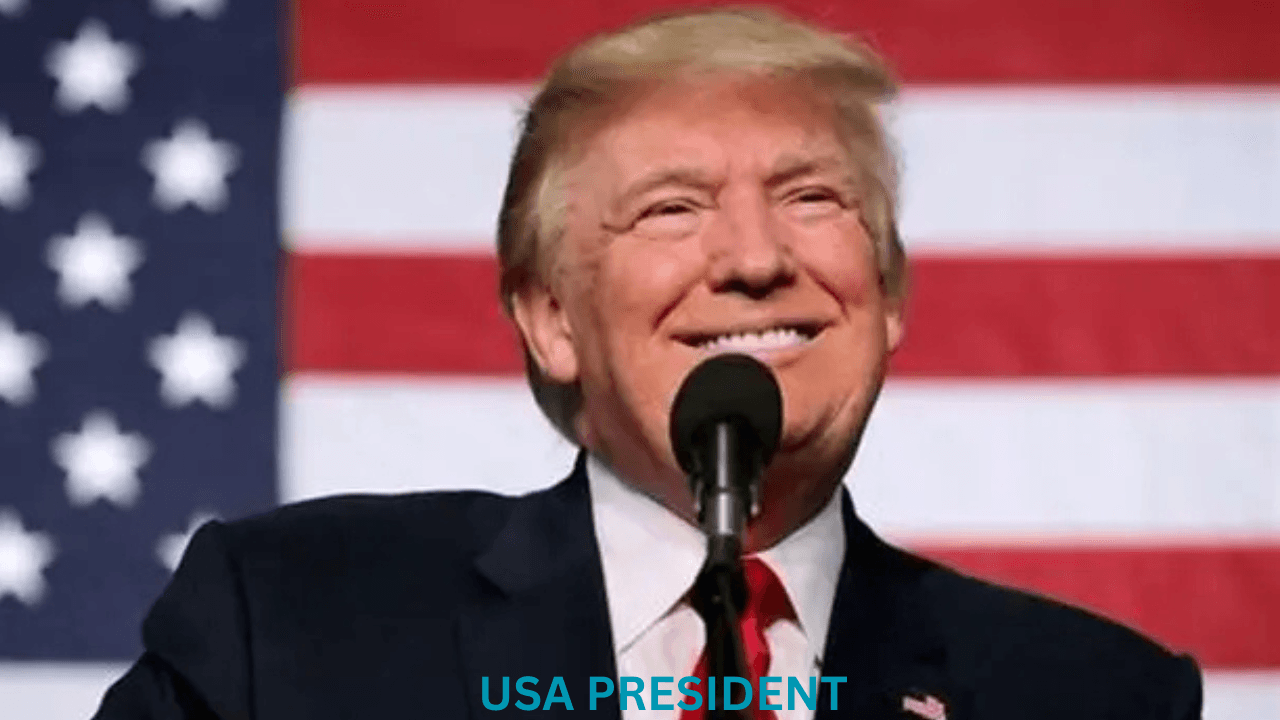A Bold Legal Strike From Florida
U.S. President Donald Trump is once again in the headlines, and this time the numbers are staggering. He has filed a $15 billion defamation lawsuit against The New York Times, several of its reporters, and publishing giant Penguin Random House. The complaint, filed in a Florida court, accuses the paper of spreading “falsehoods” that damaged both his reputation and his business interests.
The move has immediately fueled a fresh storm around Trump’s long-running feud with mainstream media, especially with outlets he often brands as “fake news.”
What Sparked the Fight
The lawsuit centers on a series of articles and a book written by Times reporters. The book, which came out before the 2024 election, paints a bleak picture of Trump’s finances. It claims he squandered much of his father’s wealth and built an empire more on image than reality.
Trump says those claims were not only wrong but intentionally misleading. In his words, the reporting was part of a campaign to tear him down. He also argues that the coverage hurt the market standing of Trump Media & Technology Group (TMTG), the company behind his social media platform Truth Social. According to the complaint, the reporting spooked investors and damaged confidence in the firm’s value. Also Read/-Trump’s Controversial Remarks ignite Fears of Election Disruption in 2026 and 2028
Why Such a Huge Dollar Figure?
The figure that stands out—$15 billion—is much higher than what is generally seen in defamation lawsuits. Why so high?
Trump’s lawyers argue that the harm was “extraordinary.” They point to reputational damage, lost business opportunities, and declines in stock value. They also frame the lawsuit as a fight not just over personal honor but over the right of public figures to defend themselves against what they call deliberate misrepresentation.
Put simply, Trump wants to send a message: publishing stories he believes are false will carry a steep price tag. Also read/Student Loan Forgiveness Under IBR Plan Suspended-What Borrowers Need to Know
Trump’s Own Words
True to style, Trump has already taken his case to the public. In statements and at events, he has framed the lawsuit as a battle for truth.
“This isn’t just about me,” he told supporters. “It’s about the principle. Journalists don’t get to knowingly lie and destroy reputations. If they can do it to me, they can do it to anyone.”
For Trump’s base, this message resonates. They’ve long believed that legacy media outlets have targeted him unfairly. By turning the courtroom into the next battlefield, Trump reinforces that narrative.
The Times Responds
The New York Times didn’t sit quietly. Within hours of the filing, the paper rejected the claims outright. Editors insisted that their reporting was thorough, backed by documents and tax records, and in the public’s interest.
“This lawsuit is meritless,” a spokesperson said. “Our journalists did their jobs, and we will stand behind them. Attempts to punish reporters for covering public figures set a dangerous precedent.”
In other words, the Times is ready for a fight—and it’s a fight they’ve had before. Like most large U.S. media outlets, the paper has faced lawsuits from politicians and celebrities in the past, and courts often side with the press.
Legal Hurdles Ahead
Experts say Trump’s case faces a steep climb. In the U.S., public figures like former presidents can’t win defamation claims easily. They must prove “actual malice”—that the journalists either knew their reporting was false or recklessly ignored the truth.
That’s a high bar. Legal scholars point out that courts have consistently defended broad press freedoms, especially when reporting on powerful figures. Even when errors slip through, judges tend to rule in favor of protecting open debate.
One law professor put it bluntly: “Trump may win in the court of public opinion, but in a courtroom, this will be very difficult.”
Politics in the Background
Of course, lawsuits are never just about the law when Trump is involved. The timing of this case is important. Trump remains active in politics, and there is growing speculation about his role in the 2028 election.
By suing the Times now, Trump signals that he’s still fighting the same old enemies. For supporters, that’s energizing. For critics, it’s another example of him trying to intimidate the press. Either way, the lawsuit ensures that Trump’s name dominates headlines again—a political advantage in itself.
Press Freedom or Accountability?
The case also reopens a debate that never really went away: how much freedom should the press have, and when should it be held accountable?
Trump’s camp argues that freedom of the press isn’t freedom to fabricate. If stories are knowingly false, they say, there must be consequences.
Free-speech groups and journalists say that allowing politicians the authority to sue will make it harder for reporters to do their jobs. They say that questioning powerful leaders is important for democracy, even if it makes those leaders feel bad.
This tension sits at the heart of the lawsuit. And it’s why the case is about more than Trump—it’s about the balance between scrutiny and responsibility in American journalism.
Can Trump Actually Win?
In fact, the odds of Trump earning $15 billion are pretty minimal. Judges don’t usually award out that much money, especially when there isn’t a lot of proof that someone done something wrong. But winning in court may not be the only goal.
Trump’s lawsuit allows him to sharpen his political message. He can campaign as the man standing up to the “dishonest media,” regardless of how the legal battle ends. In that sense, he’s already achieving what he wants: headlines, attention, and a rallying cry for his base.
What This Means for The New York Times
For the Times, the lawsuit is more than a nuisance. It’s a test of credibility. The paper has long been a dominant voice in American political coverage, and its investigations often shape public opinion.
Even if they don’t win the case, the Times will have to spend time and money defending itself if it goes on for too long. The Times can say they won for press freedom if the court throws out the case. But if the case somehow makes it through the first few difficulties, it could give other politicians the courage to use the same legal strategies.
The Road Ahead
What happens next? Likely months—if not years—of legal wrangling. Both sides will stick to their guns, and the case will stay in the news. At the same time, the bigger issues it brings up—like faith in the media, political power, and public accountability—will keep people talking.
No matter what happens in court, Trump has already succeeded in keeping himself at the forefront of America’s political debate. That can be the actual prize for a man who loves attention.








